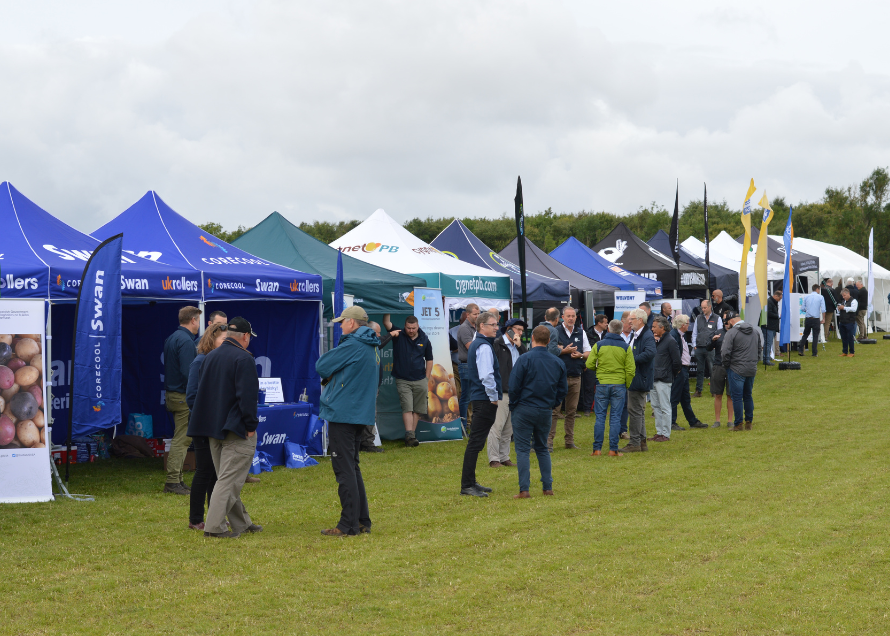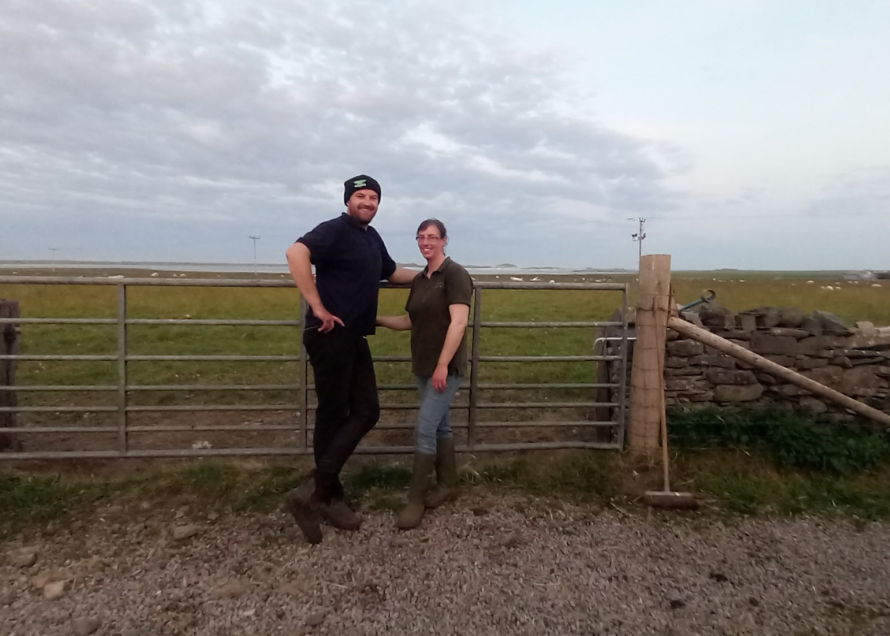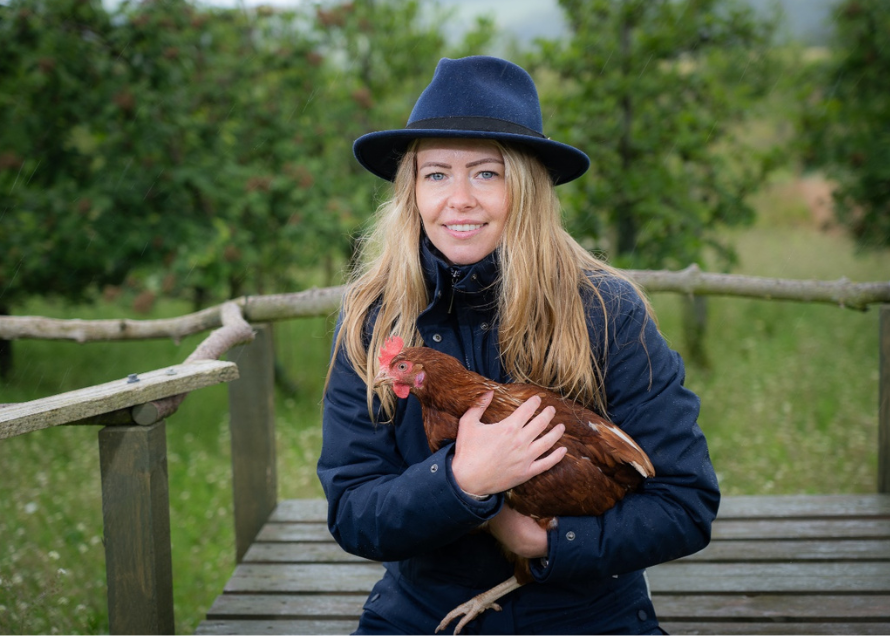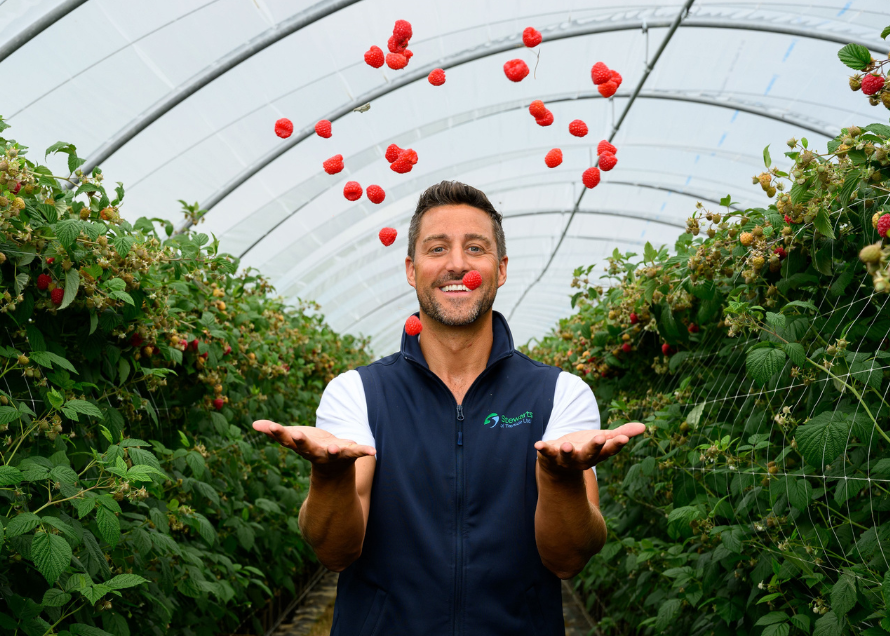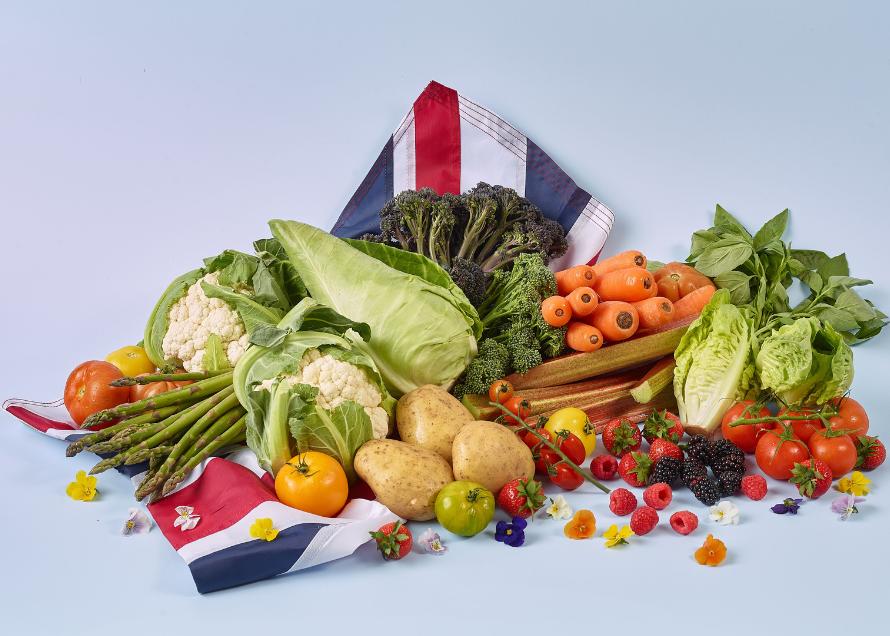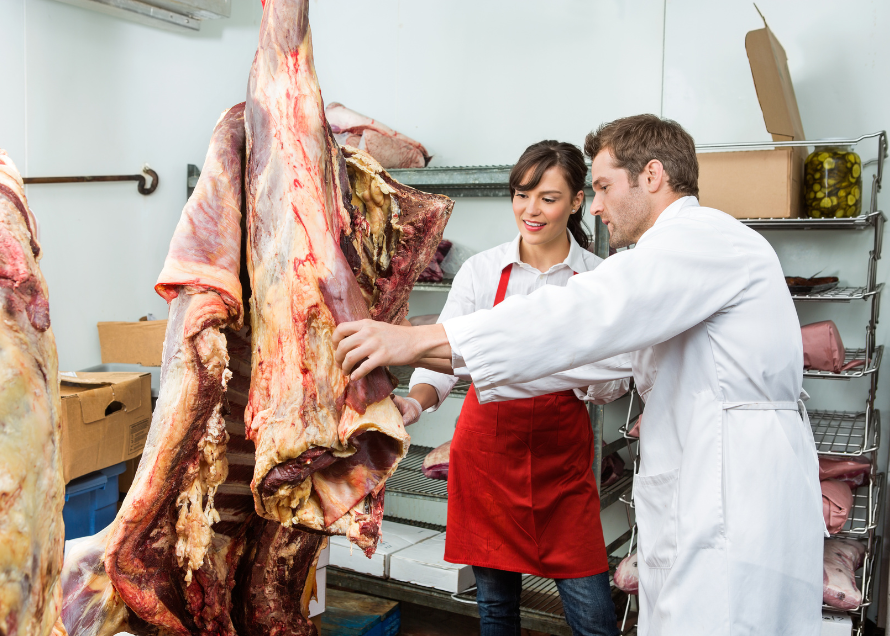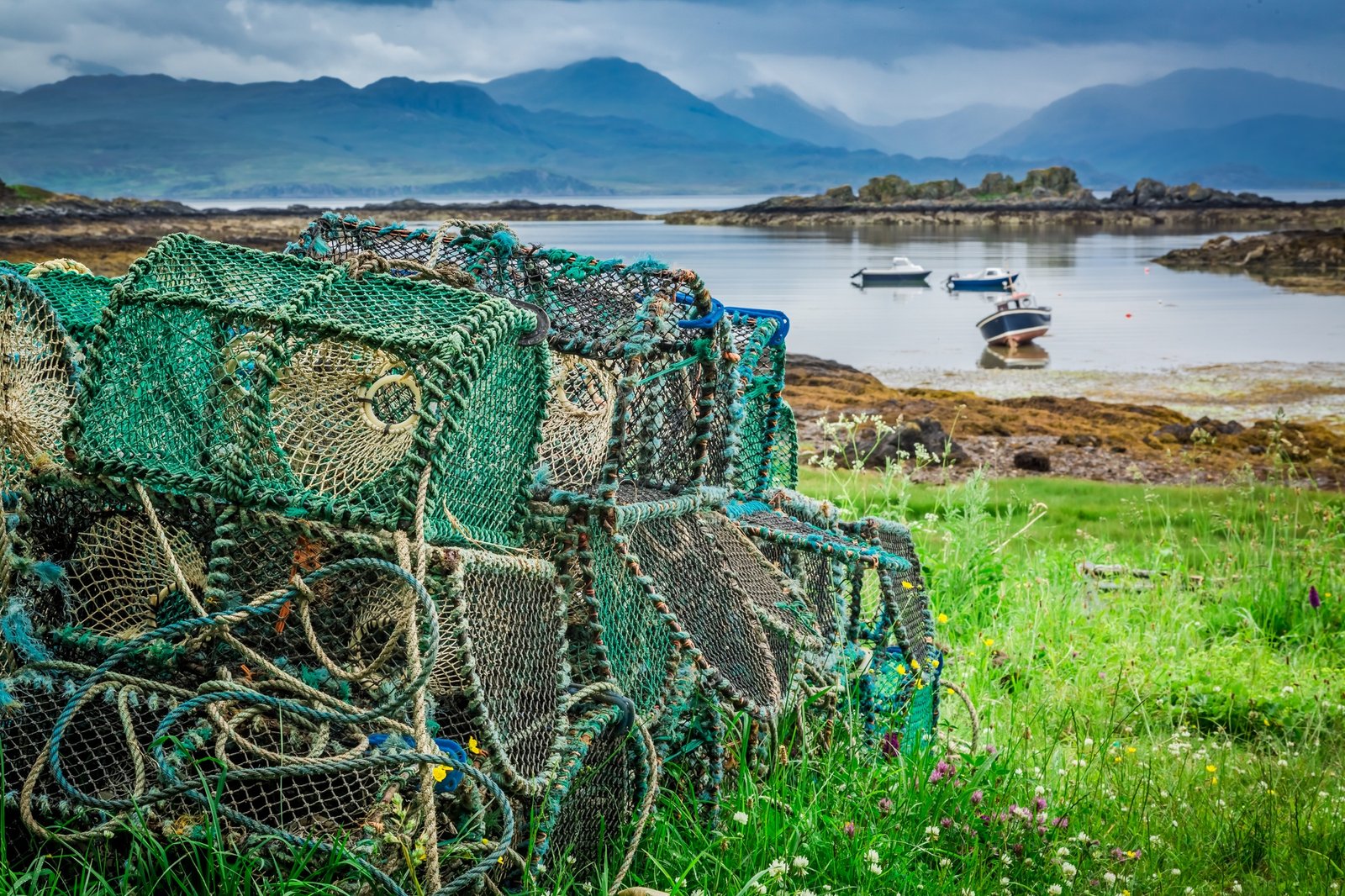A NEW report from Scotland’s Just Transition Commission says farmers need much more information about the changes that will be made to bring down carbon emissions. It warns that unless difficult and honest conversations about the future of farming happen now there is a risk of slowing down Scotland’s progress and making it harder for unavoidable changes to happen in a fair way.
The report calls on the Scottish Government to “define the landing zone” for farmers, workers, land managers and rural communities to allow for long term planning geared towards new, more sustainable business models. Today’s report highlights the risk that delays to tough conversations could encourage the spread of misinformation and resistance to necessary changes.
The Commission says there is a particular risk where long term uncertainty is allowed to persist regarding changes that “will make some of today’s livelihoods unviable, including some that are deeply culturally embedded.”
“Currently many farmers describe a ‘communications vacuum’” says the report. “Prolonged ambiguity and uncertainty encourage information gaps and misinformation to take hold, including key myths, blockers and talking points that encourage hostility to change and resistance to innovation and reskilling. These need to be recognised, analysed and addressed through communication from trusted figures within the community who can speak credibly to businesses and producers who report feeling demonised, disempowered, lacking agency and blamed for climate change despite compliance with previous arrangements.”
The Commission’s report calls for stronger mechanisms to ensure Scotland’s landscapes and natural assets benefit local communities and help to fund social and economic needs in rural areas. It stresses there needs to be much more affordable housing in rural areas to allow major programmes of work such as the restoration of the country’s peatlands to store carbon.
Agriculture is the third largest source of Greenhouse Gas (GhG) emissions in Scotland. In 2020, agriculture represented 18% of Scotland’s emissions.
“Effective communication and meaningful engagement on a just transition for this sector will not be possible unless the key elements of what contributing to the Scottish Government’s net zero and nature restoration commitments means for this sector are honestly defined with far greater specificity,” says the report.
The report’s key messages are:
- Define the “landing zone” now. Farmers and land managers need much more clarity on the changes within this sector to reduce emissions.
- Delays to difficult and honest conversations about are a just transition risk.
- Build trust through redistribution and action to lock in value to local communities.
The independent expert advisory group advises the Scottish Government on how the country can achieve a carbon neutral economy fairly.
Members drawn from industry, business and finance, trade unions, environmental and community groups, and academia serve on the Commission. They provide expert scrutiny and advice on a series of just transition plans that cover different regions and sectors of Scotland’s economy.
The Commission aims to make sure the benefits and burdens of the major changes involved in Scotland’s net zero transition are shared as fairly as possible. The Just Transition Commission’s remit is to:
- Scrutinise the development of just transition plans led by the Scottish Government
- Advise on the best approach to monitoring and evaluation of the just transition
- Engage with people most likely to be impacted by the transition, hearing from a wide range of representative voices.
Last month, the Commission’s Chair, Dundonian climate scientist Prof. Jim Skea CBE was elected to lead the Intergovernmental Panel on Climate Change, the high-profile United Nations body whose reports have played a key role in shaping global understanding of the climate emergency over the past 30 years.
On Monday Skea announced he will step down from his role as Chair of the Just Transition Commission, with a successor to be announced in the coming weeks.
Professor Jim Skea, chair of the Just Transition Commission said (on stepping down as chair): “I am sad to be leaving this role and have a clear message. It’s time to push ahead with bold action to make just transition a reality. Good ambitions needs to be translated into action that improve people’s lives across the country. The cost-of-living crisis adds real urgency to getting this right. Internationally, people are looking at Scotland as a leader on just transition. Now we must strive to justify that position.”
“Today’s report underlines the importance of meaningful and up-front communication as a key part of the just transition across Scotland’s economy. This will enable the workers and communities who are driving the change on the ground to make plans for the long term with greater certainty.”
Commissioner Steven Thomson, professor at Scotland’s Rural College (SRUC) said: “We know that agriculture and land use policies are evolving to account for Scotland’s climate change and biodiversity ambitions. Land managers the length and breadth of the country will be affected by those policy changes over the next 5-10 years of transition. Not fully knowing what these changes look like is causing angst, and concerns about long term business viability among farmers, crofters and other land managers. Better communication on the scope of expected changes is vital going forward. The sector will adapt, but in an industry with long production cycles all land managers need to be confident that the pathway they choose is the correct one, and one that will be rewarded”
Commissioner Lang Banks, director of WWF Scotland said: “If Scotland successfully delivers a just transition it will have helped contribute to a fairer society at the same time as addressing the climate and nature crises. However, to deliver a transition to net zero that is fair for workers, communities, and consumers it’s crucial for decision-makers to go meet and listen to those who might be directly affected, as we have done. Specifically seeking out and hearing from those whose voices are often not heard will help ensure that the benefits as well as the burdens of the changes required are shared more equitably.”











